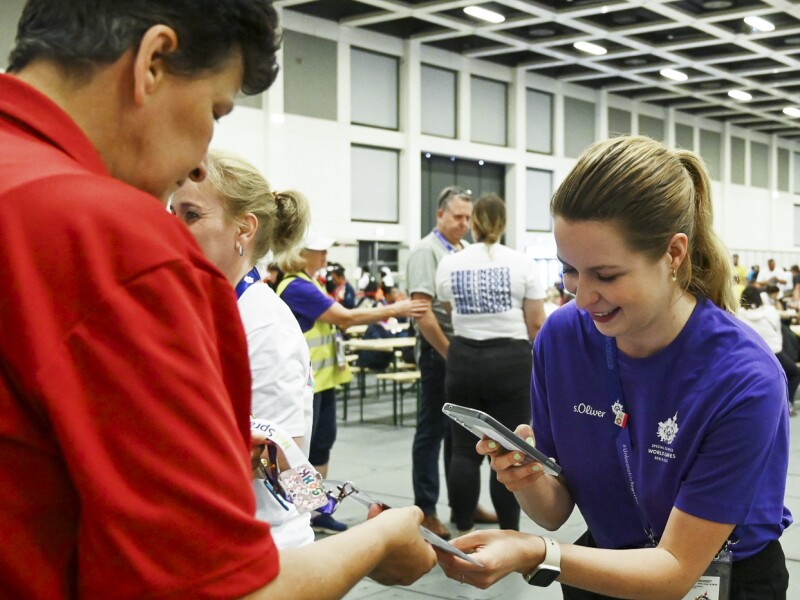Today exactly 100 years ago, on 10 July 1921, the founder of the Special Olympics was born. Eunice Kennedy Shriver, a sister of President John F. Kennedy, started a movement which today includes more than 5 million athletes in 174 countries and is the world's largest sports movement for people with intellectual disabilities. Her vision was bold. Actions brave. Legacy lasting. She embraced the social customs that served her passion for justice and ditched anything she deemed as a fluffy waste of time. She had work to do.
When Eunice was born 100 years ago, it was a time on the heels of first-wave feminism attaining the women’s right to vote in the United States but still long before a woman could open a bank account without a male co-signer. While all Kennedy kids were expected to ignite positive world change in a big way (no pressure), the spotlight was primarily on the boys.
Work ethic, purpose and drive are invaluable, and the change affected by the men of one of the world’s most famous families has been boundless. However, in order for a Kennedy woman to achieve half of the success or notoriety of her brothers, she had to work twice as hard and possess something unconventional for a well-to-do lady in her day: grit.
One of Eunice’s most prevalent qualities was how no-nonsense she was. Her brother became President of the United States. So, what? To her, Jack was still the same sibling she challenged and defeated in games and debates as a kid. President or not, he was still someone’s brother, and that includes to a sister who had an intellectual disability, Rosemary. She deserved the same respect and opportunity to play and participate as anyone else, and she was Eunice’s first inspiration.
Eunice would basically filibuster her brother until, exasperated, he’d tell staffers to give her what she wanted or else she won’t stop calling the White House. She wanted dignity and equality for people with intellectual disabilities, like Rosemary, and what Eunice wanted, Eunice got. She was indefatigable and the essence of urgency and, during her brother’s term, the driver of the establishment of a President’s panel to discuss topics and act on injustices connected to people with intellectual disabilities.
Her entire life, Eunice snatched up every ounce of privilege granted by her name and socioeconomic status and sprinted toward social justice and a lesser-known civil rights movement: championing and amplifying the voices of people with intellectual disabilities. Her list of accomplishments and subsequent awards is lengthy and it’s hard to know where to begin. There is much inspiration to be found in her history. After her death in 2009 and like a baton being passed, it’s our turn to add fuel to the fire and carry on Eunice’s torch of justice and radical change.






